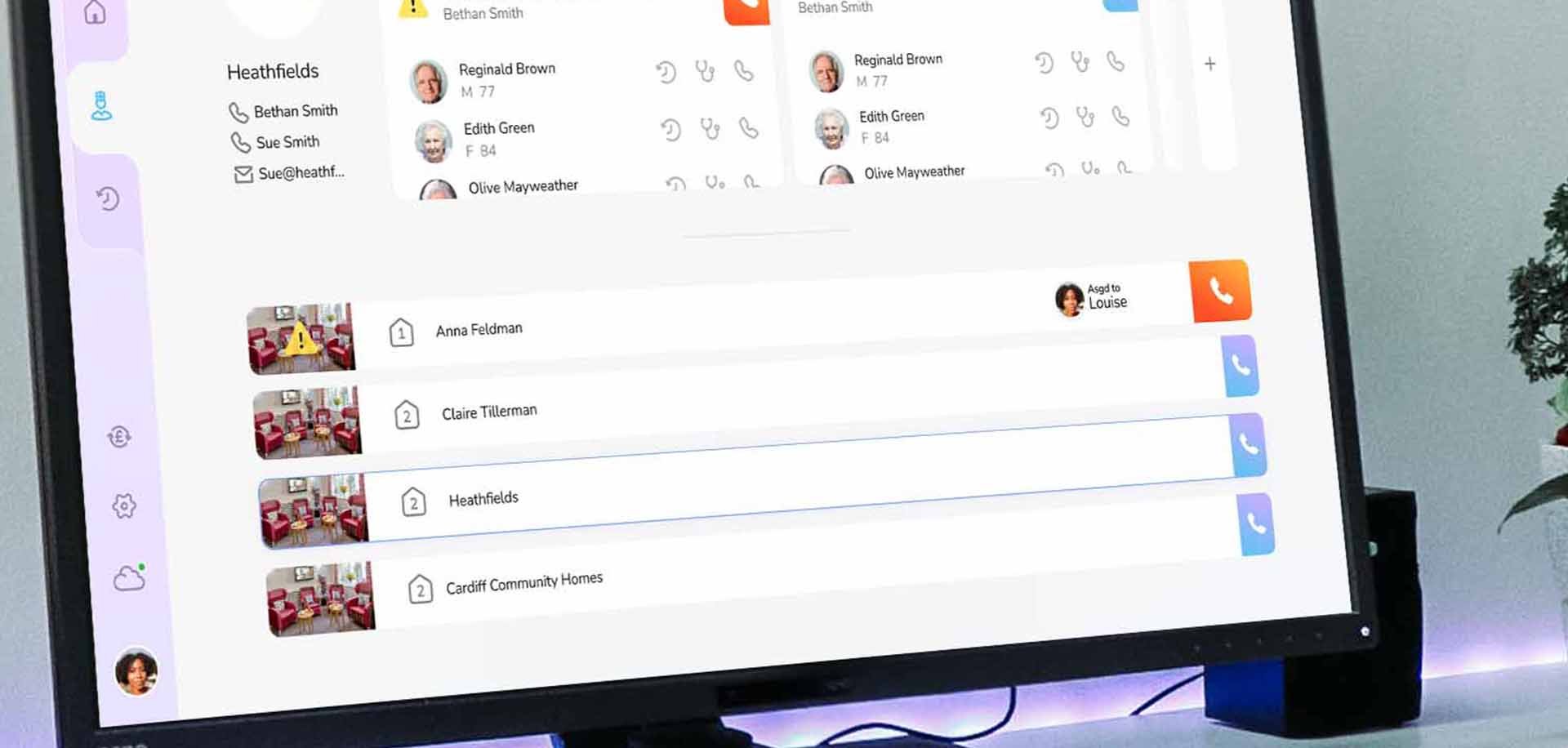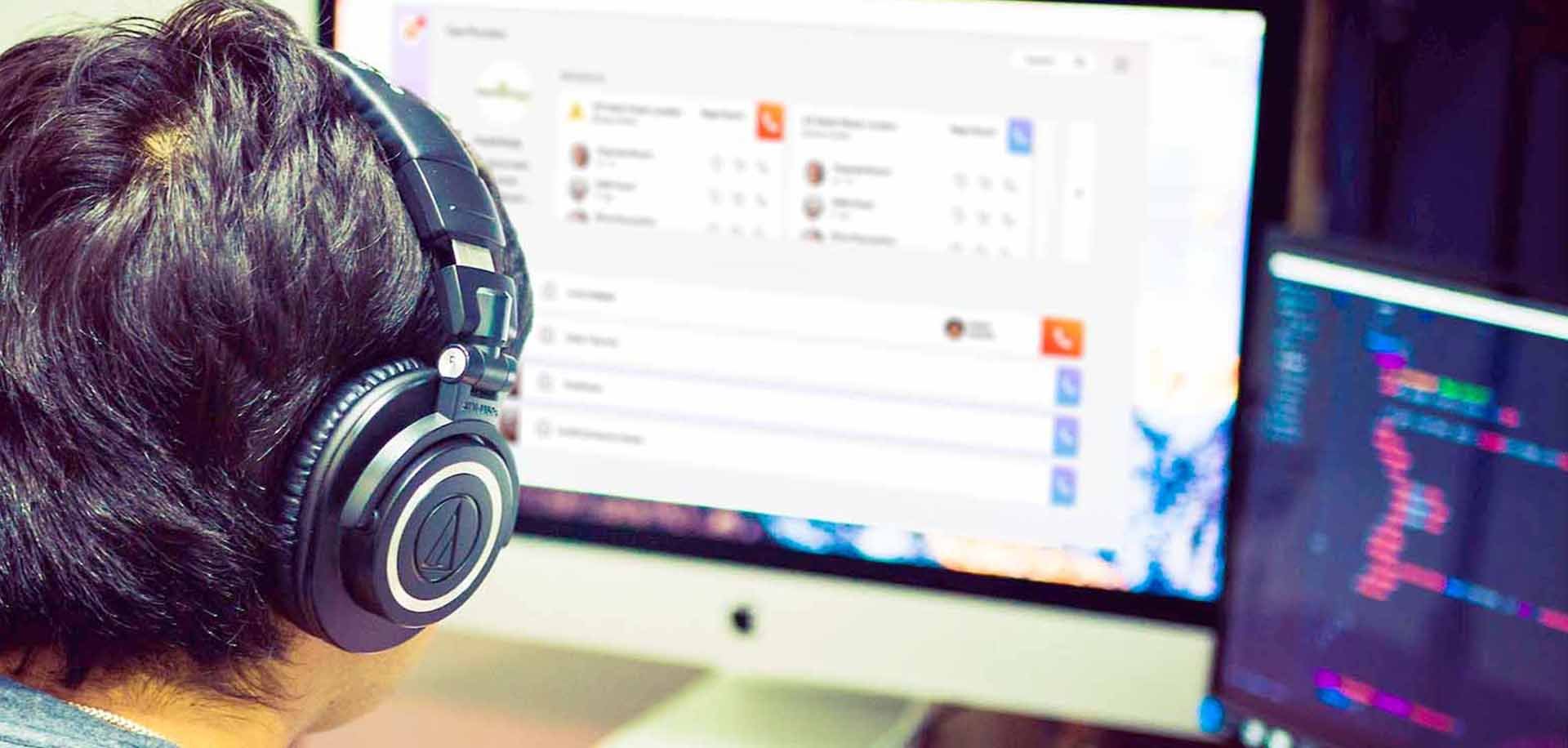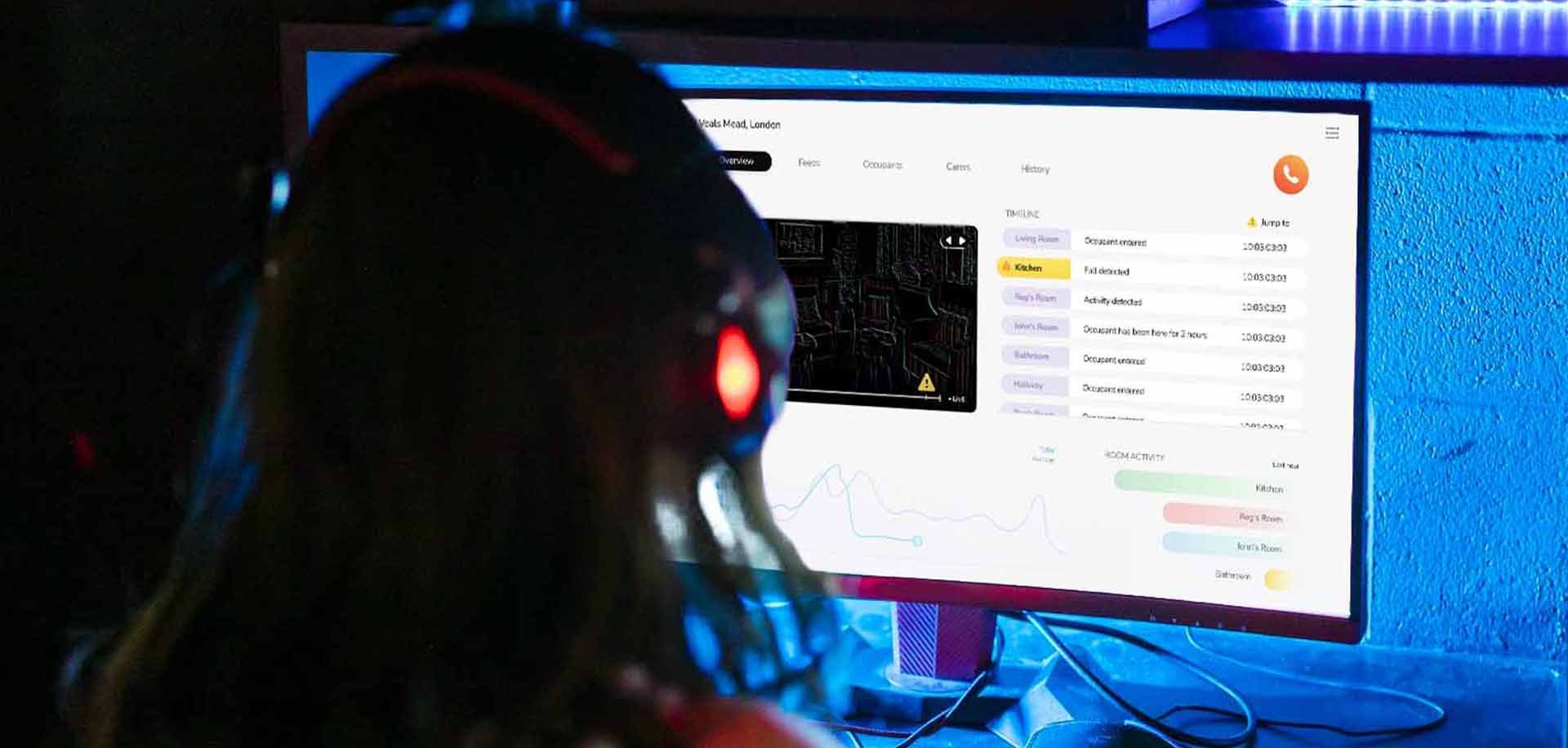Skystrm
AI to help detect emergencies for vulnerable people
From witnessing first-hand the difficulties, the health care industry faces with staffing. Cardiff-based Justus Vermak approached CEMET with the idea that could revolutionise the way people in care are monitored. Skystrm has extensive experience in the care industry, more recently establishing a retirement village and care home.
Monitoring to keep individuals safe
The challenge Justus faced was ensuring an adequate amount of staff was available to monitor the people in care and keep them safe. This led him to explore the ways a remote monitoring system could be developed to keep an eye on and ensure individuals do not come to any harm.
Through collaborative workshops and extensive research, Skystrm and CEMET found that a system that uses Artificial Intelligence and Machine Learning could benefit the development of the project.
Learning routines to keep them safe
CEMET helped build an artificial intelligence system to identify if vulnerable people need emergency assistance. The system can anonymously monitor a person’s movements, learn their routines, and notify family or carers if there are concerns. The benefit of learning the individual’s routine is that it builds up a picture of what is normal for them.
“This can include things such as how the person walks, are they moving slower than usual, how much time are they spending in each room, when are they visiting the kitchen and, for example, it’ll know that, for example, a person lying on a bed is normal for them, but lying next to the bed is out of the ordinary.”
“It can also have a dementia-related element, perhaps highlighting when a person has forgotten to eat.”
- Justus Vermak, Skystrm
The Skystrm system uses cameras or infrared sensors which monitor an individual’s movements. Protecting the individual and their privacy was central to this concept. All data collected by the system will be monitored but then ‘black boxed’, making it anonymised for end users.
How did we do it?
The collaborative project enabled a prototype desktop application to be built. This allows Skystrm to demonstrate how computer vision techniques such as frame differencing can detect motion and generate activity logs using video data.
With sufficient data input, the system has the potential for the implementation of advanced deep-learning classification systems for activity monitoring and fall detection. With the vision to potentially assist and improve the experience of both care home residents and staff members.



With big plans, Skystrm is continuously developing and improving the system. CEMET is proud to continue supporting Skystrm through its development's early stages.
“The team at CEMET are five stars. They are professional, on-point, and focus driven.
It was clear from the start what the outcomes from the partnership were going to be, and CEMET proved to be a very professional fit”

